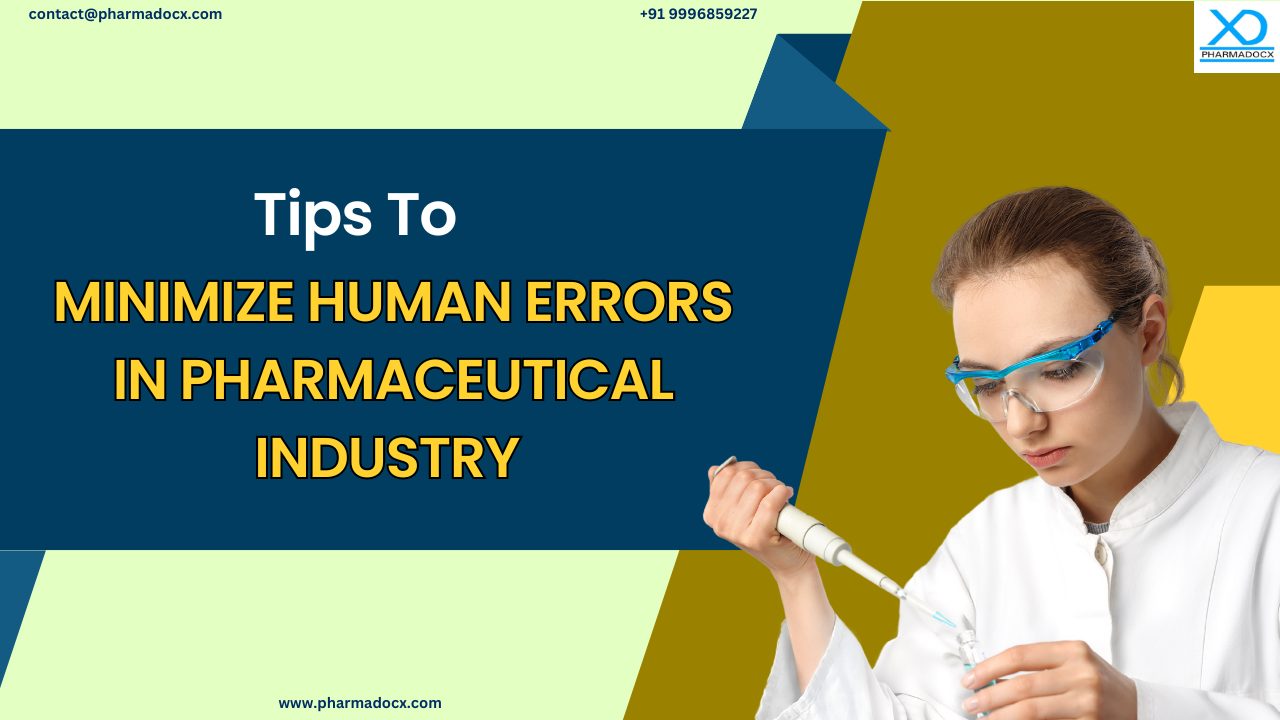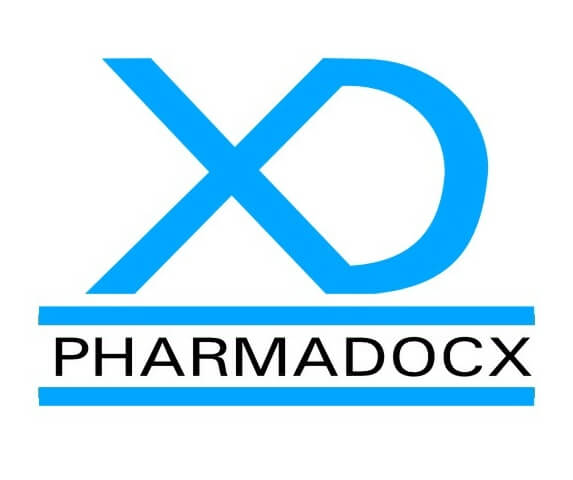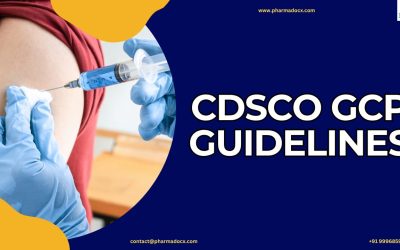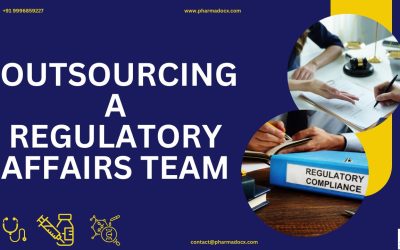Manufacturing pharmaceuticals is a complex process involving multiple steps. Additionally, strict compliance with regulatory guidelines, such as GMP, is required. The pharmaceutical industry is highly regulated to ensure the safety of the patients. Ideally, the pharmaceutical production process should not deviate from the predefined standard operating procedures. However, despite all the guidelines for manufacturing safe and effective pharmaceuticals, there is always room for human error. The human errors may affect the quality, safety, and efficacy of the drug manufactured. This may have serious consequences. Hence, minimizing human errors in pharmaceutical industry is of paramount importance to manufacture safe, effective, and high-quality drugs. In this blog, we have listed some effective strategies to reduce human errors in pharmaceutical industry.
Human errors in pharmaceutical industry
Precision, accuracy, and compliance with stringent regulations and regulatory guidelines are critical in the pharmaceutical industry. Despite technological advancements and guidelines for operation, human errors still occur in pharmaceutical industry.
Human error can be defined as any human activity that may lead to undesirable results in any operation. It is basically deviation from the accepted and predefined standard. Moreover, the errors may occur intentionally or unintentionally. For instance, when an analyst uses any instrument without ensuring proper calibration can be considered a human error. Approximately, 30 to 40% of all deviations in the pharmaceutical industry are caused by some kind of human error. With respect to GMP, pharmaceutical industry human error-related deviation is a cause of concern. Certain regulatory bodies do not accept “human error” as an excuse for protocol deviation or cause of manufacturing substandard drugs. This is because negligence and multiple oversights lead to human errors, some of which are avoidable. Hence, proper investigation is required to determine the root cause of the human error.
These human errors can impact quality and efficacy of drugs manufactured, which can have detrimental effects on the healthcare industry. Thus, implementing targeted and effective measures can considerably reduce the chance of occurrence of these errors. Minimizing human errors in pharmaceutical industry will ensure patient safety and promote production efficiency. Notably, some human errors are inevitable. However, implementing an effective human error detection strategy can help ensure these errors do not occur or reoccur. Thus, the productivity and efficiency of the drug manufacturing process can be improved.
Possible causes of human errors
- Standard operating procedures are not clear. If the operation protocol and instructions are not mentioned clearly, it will be difficult for technicians to follow.
- Lack of experience or a person is new to the specific procedure
- High work pressure, stressful working conditions, and long working hours
- Frequent change in tasks and responsibilities. Constantly shifting personnel from one department to another will confuse the personnel.
- Lack of clear communication channels
- Technical personnel are not physically fit
- In case of too many distractions, the individual will not be able to concentrate.
- Negligence and oversights
- Failure to properly follow the written procedure
- Multiple similar looking items that are not properly labelled but are placed together would confuse the personnel.
- Uncomfortable clothing hampering free movement
- Inadequate supervision and mentoring
- Overcrowded work space
- Staff shortage
- Working environment is not conducive. Inappropriate lighting and uncomfortable temperature and humidity in the working area can hamper productivity.
- Insufficient training
- The operation procedure is difficult and complicated with multiple steps.
- Overburdening of tasks on one person
Tips to reduce human errors in pharmaceutical industry
To reduce human errors in pharmaceutical companies, a multifaceted and proactive approach is required. Thus, a combination of continuous education, automation of tasks, effective risk management strategies, and clear standardized procedures is required.
- Clear and well written standard operating procedures (SOPs): Clear step-by-step instructions are required to reduce confusion. Detailed SOPs for all critical processes should be maintained. Additionally, SOPs that are lengthy and difficult to follow should be modified for clarity. Furthermore, omit sections that are not necessary. These will help minimize errors caused by misinterpretation or oversight. Additionally, the SOP should be easily available at the work bench for employees to refer to while working.
- Identify areas prone to human errors: Aspects in the manufacturing and quality control process that are susceptible to errors should be identified. Moreover, errors that may arise while handling equipment and systems should be identified. Furthermore, troubleshooting processes for all these areas identified should be provided.
- Incorporate automation and technology in daily operations: Implement automation and technology wherever feasible in the drug production process. Automation of manufacturing, quality control, and packaging reduces the need for manual intervention. This will reduce the chance of human errors in pharmaceutical industries and improve precision.
- Improvement in supervision: Supervisors should be constantly monitoring the manufacturing process. They should be available at all times in the operation area and not sitting in the office. Additionally, the supervisors should clearly provide instructions regarding every stage of the manufacturing process to the personnel.
- Regularly maintain and calibrate equipment: Malfunctioning equipment can cause errors in measurements or processes. This will affect the quality of drugs being manufactured. Thus, routine maintenance and calibration of equipment and instruments are required.
- Assigning tasks to people with expertise in the field: Assigns task to individuals trained for the particular job. This will help the person perform to the best of his/her abilities. This will translate to better result and reduce likelihood of human errors in pharmaceutical companies.
- Robust training programs and workshops: It is vital to provide comprehensive training for pharmaceutical professionals. Periodic training programs on latest protocols, equipment handling, and compliance with updated regulatory standards are required. Additionally, training on trouble shooting process should be provided. This will considerably minimize errors stemming from lack of knowledge or improper training.
- Double check all processes: Double-check all processes in place for all critical stages of the pharmaceutical manufacturing and production procedure. Recruit a qualified individual to validate the accuracy of all processes.
- Ensure a healthy work-life balance for employees: Fatigue and stress will negatively impact performance. Employee well-being and fatigue management programs are required to combat fatigue and stress. Sufficient rest periods and breaks are required to reduce chances of human errors in pharmaceutical industry caused by fatigue.
- Risk assessment: Regularly conduct risk assessments to determine aspects of the drug production process prone to human errors. Moreover, develop and implement mitigation strategies to effectively address the identified risks.
- Establish clear and open communication channels: Clear and effective communication plays a pivotal role in reducing human errors. A transparent work environment will promote early detection and quick resolution of potential errors. Additionally, ensure proper communication between different shifts.
- Use software applications: By using software applications for data entry instead of using manual logbooks, data entry error can be reduced.
- Continuous quality improvement (CQI): Review processes, collect data, and analyse trends on a regular basis to identify areas for improvement. Implement continuous quality improvement or CQI strategies to reduce recurrence of error.
- Streamlined and simplified work flow: Streamline and simplify the work flow process to eliminate unnecessary steps that give rise to errors. Simplifying the work flow process will boost efficiency and productivity while minimizing the chances of errors.
Minimizing pharmaceutical industry human errors
We have presented some strategies to effectively mitigate human errors in pharmaceutical industry. Minimizing pharmaceutical industry human errors will ensure high quality and reliable drugs are being provided to the healthcare sector. Thus, patient safety and public health will be protected. Pharmaceutical industry regulatory requirements are completely against any room for human errors. To continue manufacturing and marketing drugs in India, you need to comply with the CDSCO regulatory guidelines. The CDSCO regulatory guidelines for drugs can be confusing. Simply shoot your queries to 9996859227 or drop an email at [email protected] and we will be happy to resolve them.





